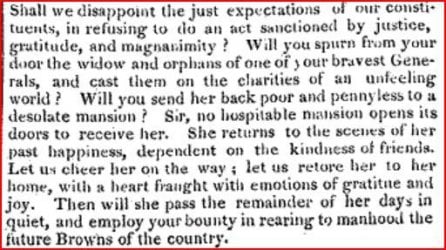saveliberty
Diamond Member
- Oct 12, 2009
- 58,756
- 10,843
- 2,030
STFU
3/24/2010
That's the date from your supposed retort
You're a fucking joke, troll
DIPSHIT, his source is biased, my sources isn't. STFU. Troll.
Real Clear Politics is an average of all major polls. Biased? You are truly an uninformed ass Flaylo.

